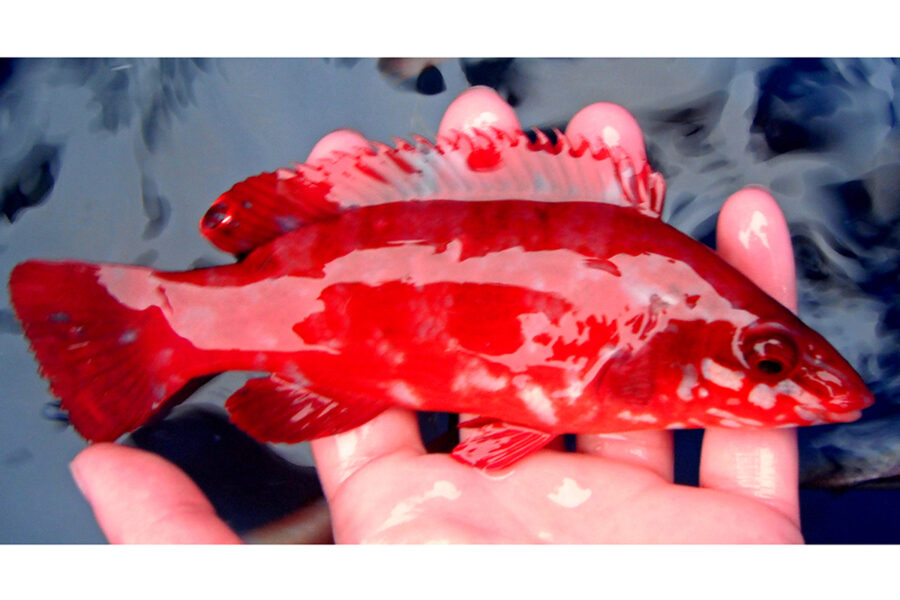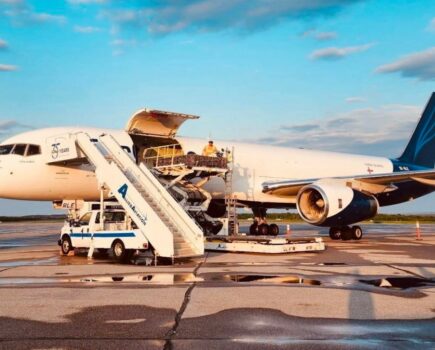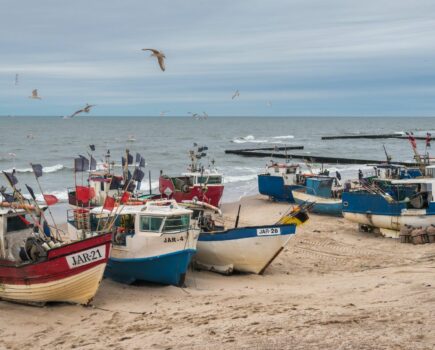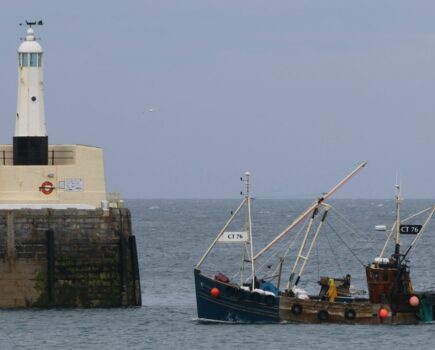Devon and Severn IFCA is taking the lead in the South West to manage a developing sustainable wrasse fishery using light pots.
Above: Wrasse.
Wrasse are in demand from salmon farms because they are natural feeders on fish lice and other parasites that affect farmed salmon, and the aquaculture industry wants them to replace chemical cleaners used on the fish farms that are environmentally harmful.
The fishery is being seen as short-term, however, because it is envisaged that by 2019 there will be no further requirement to use wild-caught wrasse, as hatcheries will sustainably supply the required fish and other cleaners such as lumpsuckers.
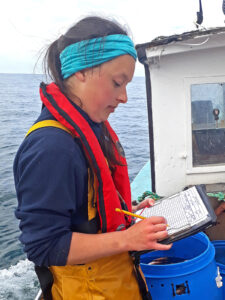
Devon and Severn IFCA officers carry out on-board catch surveys.
Devon and Severn IFCA has introduced management of the wrasse fishery, creating what it says is one of the most restrictive fisheries both nationally and the South West.
“Multiple management measures should ensure there will be no significant impact on the marine environment or wrasse populations. All three IFCAs in the SW are working closely together, to harmonise management of the live wrasse fishery,” said Devon and Severn IFCA.
Through its flexible permit byelaw system, the IFCA has introduced measures to restrict the live wrasse fishery in and around the Plymouth area. It is mostly limited to a few months of the year, primarily between July and November within the designated area, with an official closed season during April, May and June to allow the fish to spawn. Minimum and maximum landing sizes have also been set to assist breeding.
Four small boats of under-8m are involved in the fishery, and there is a maximum of 120 pots per boat. All pots weigh less than 4kg, and have escape gaps fitted to allow smaller juvenile fish to escape.
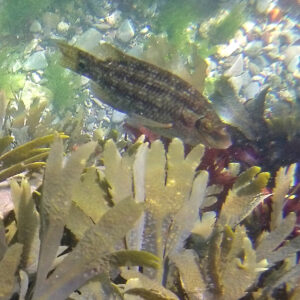
Wrasse live on reef habitats and in kelp, which are largely found within MPAs in the Devon and Severn IFCA district.
The IFCA, working with fishermen, has identified areas in and around Plymouth that will be closed voluntarily to the wrasse fishery to further protect the habitat, ecosystem and fish populations, and to act as refuge areas.
To monitor the fishery and ensure responsive management the IFCA has introduced weekly landing returns, specific marking of the pots and strings and on-board surveys of catches by IFCA officers. CEFAS is also carrying out fish welfare inspections and the management of the fishery is supported by Natural England, CEFAS and DEFRA. A full review of the current management measures will be undertaken in November 2017.
Within 13 of Devon and Severn IFCA’s marine protected areas (MPAs), 93% of the seabed is protected from bottom-towed gear such as dredges and trawls, largely to protect reef habitats. Wrasse live on these reef habitats and in kelp, which are largely found within MPAs in the district.
Read more from Fishing News here.

